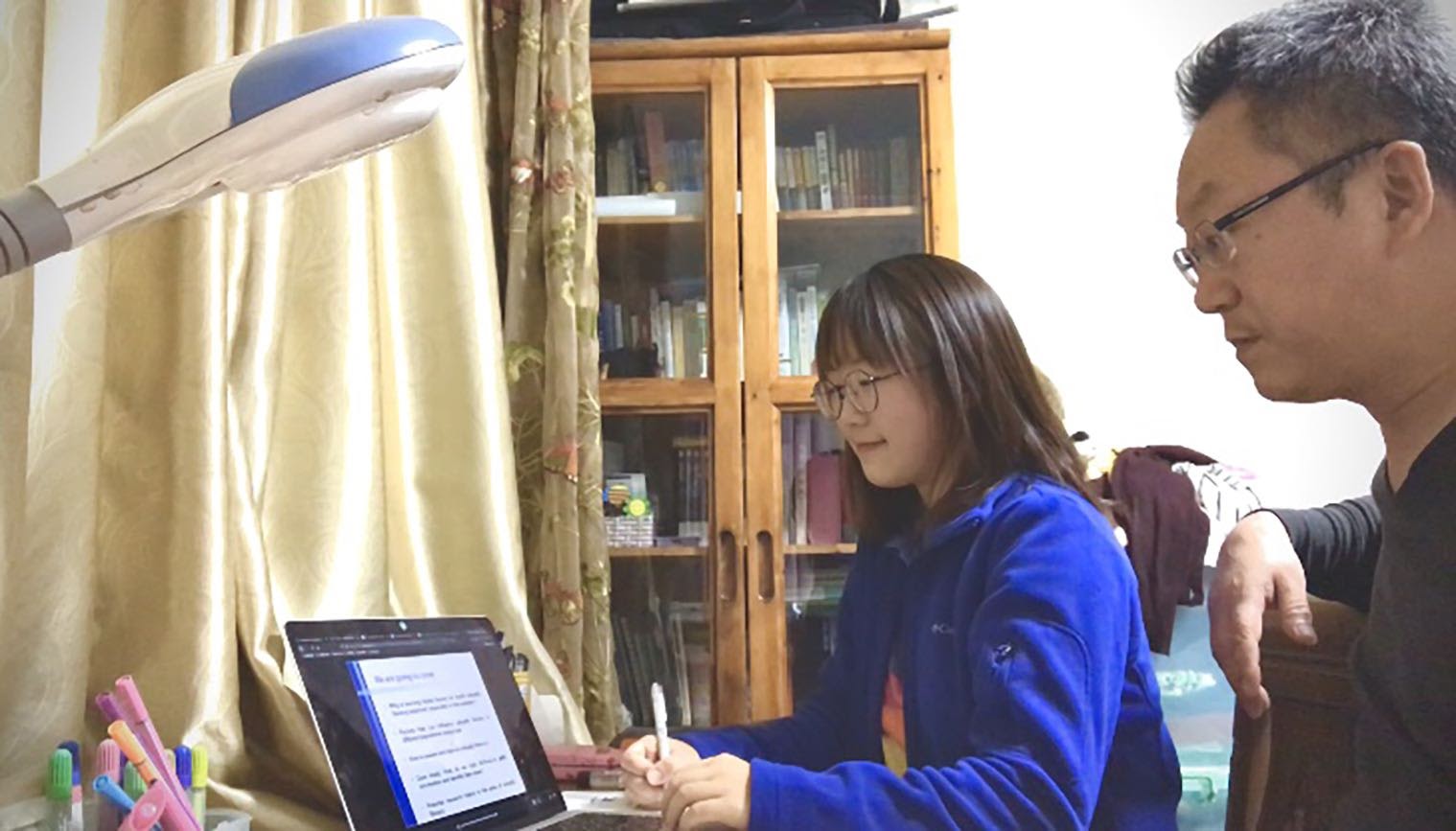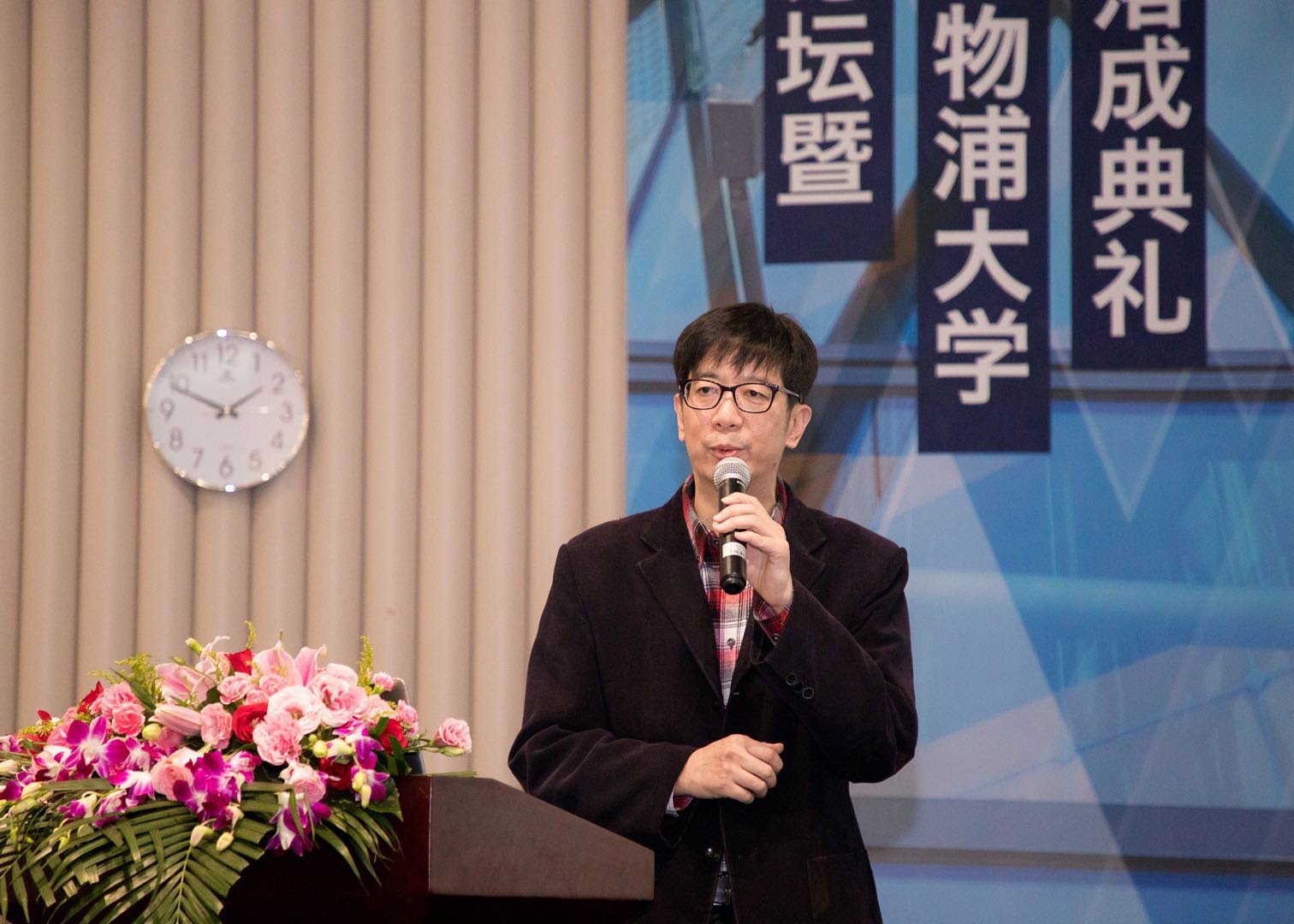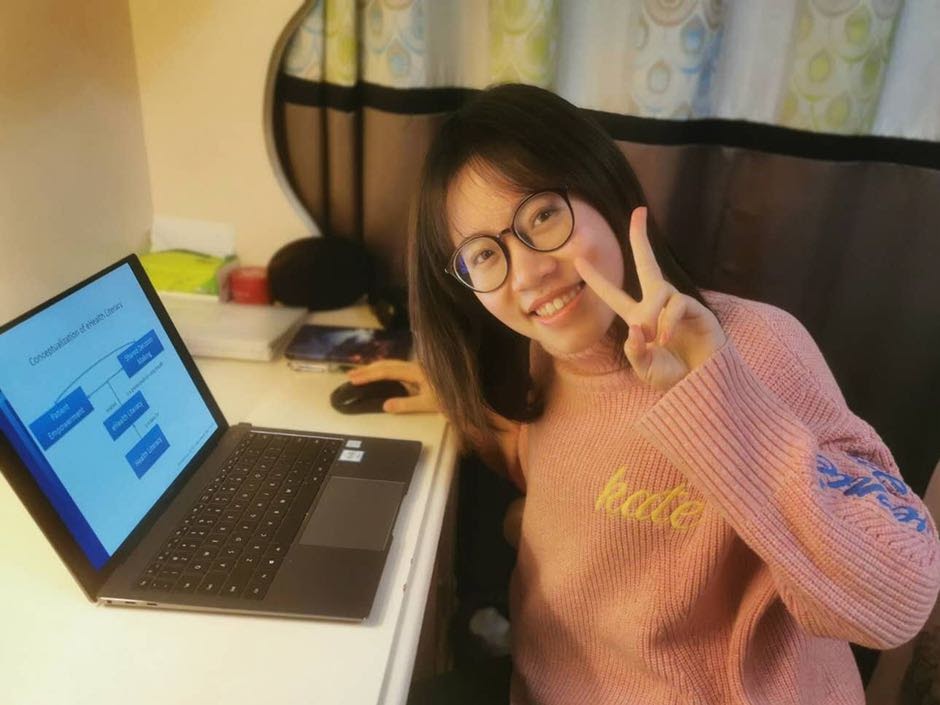Chinese schools embrace distance education amid coronavirus outbreak

As the COVID-19 epidemic rages on in China, making nearly half of its population live under varying degrees of travel restrictions, Chinese schools are experiencing a massive disruption with the upcoming spring semester being postponed indefinitely in some areas. At Xi’an Jiaotong-Liverpool University (XJTLU) in Suzhou, while unusual tranquility still looms over its physical campus due to the outbreak, the new semester has been off to a surprisingly solid start thanks to the rollout of an accelerated and advanced online learning program, which enables users to take courses remotely and communicate with instructors in real time.

As the COVID-19 epidemic rages on in China, making nearly half of its population live under varying degrees of travel restrictions, Chinese schools are experiencing a massive disruption with the upcoming spring semester being postponed indefinitely in some areas.
At Xi’an Jiaotong-Liverpool University (XJTLU) in Suzhou, while unusual tranquility still looms over its physical campus due to the outbreak, the new semester has been off to a surprisingly solid start thanks to the rollout of an accelerated and advanced online learning program, which enables users to take courses remotely and communicate with instructors in real time.
It’s a unique situation, but within the crisis there is an opportunity, says Féng Xùdōng 冯旭东, the head of the Management Information Technology and System Office (MITS) at XJTLU, which, along with the Institute of Leadership and Education Advanced Development (ILEAD), created an online teaching platform specifically designed to meet the educational needs of more than 6,000 XJTLU students who are homebound or unable to return to the school amid the epidemic.

“The coronavirus epidemic is a crisis to our society, but also a good chance to promote and develop technology and solutions for online learning and teaching, which is the future direction of education. It will accelerate the pace of XJTLU’s massive online education as well,” Feng says.
In the wake of the coronavirus, an increasing number of Chinese schools and educators have boosted their online capacity to deliver courses to stranded students. But according to Feng, in comparison with other educational institutions, XJTLU has taken a step further by providing what he describes as “a unique ecological solution,” which makes the virtual space of online learning as immersive and interactive as real classrooms.

XJTLU’s platform now hosts more than 450 courses. Facilitated by an array of cutting-edge technologies, the school’s virtual approach to education also allows students’ online learning experience to match that of the classroom.
“For example, faculties can make full use of the interactive whiteboard, shared notes, screen sharing, polling, and quiz function to enhance the interactive learning and teaching. With the video analytics and reports function, faculty can easily record the attendance,” Feng says.
To make the most of these digital tools, the majority of staff at XJTLU have taken a training course to familiarize themselves with the platform. As per Cháng Yíng 常莹, one of XJTLU’s online course coordinators, who teaches at the Department of Urban Planning and Design, the school has formed a culture and community of online teaching educators over the years by keeping them abreast of the latest updates on this front.
Chang stresses that the university’s commitment to online learning not only sends a message to students that the whole faculty has their back, but it also shows the school’s collective endeavor to help people across the country overcome the adverse situation.
“The coronavirus epidemic is a national trauma and life event for all Chinese people. Every student represents a family. Any support we give to the student will indirectly support their family. That’s what an educator can contribute to speed the recovery of the whole society. By doing so, we feel closer to the wider Chinese community,” Chang says.

For XJTLU’s executive president, Professor Xí Yǒumín 席酉民, the epidemic has proved a catalyst, a driver to disruptive innovation, which has led to a fast-tracked massive infrastructure and technology upgrade occurring over the course of a month, instead of one to two years.
“In order to ensure the safety of students and campuses, XJTLU’s online education delivery is not a stopgap measure, nor is it simply an alternative to physical education,” Xi says.
“In considering future education and the university, according to our 3.0 model, an academic, innovative, and distributed ecosystem should be developed for lifelong learning, innovation, and entrepreneurship based on the pursuit of personal interest. Online education and support would be a critical part of the ecosystem.”





